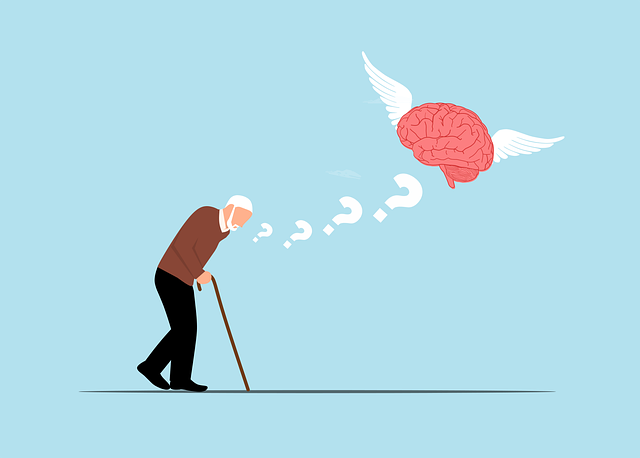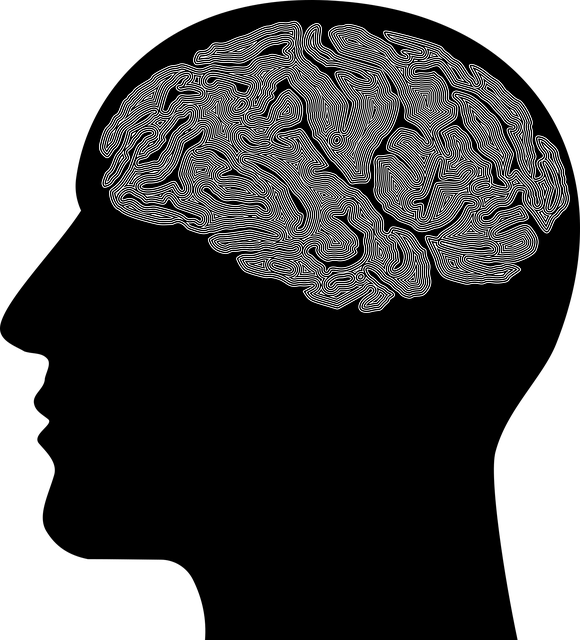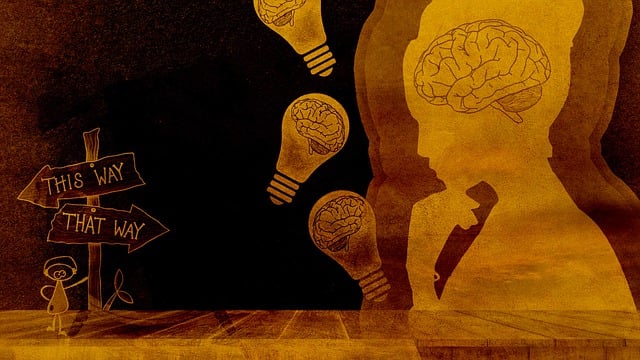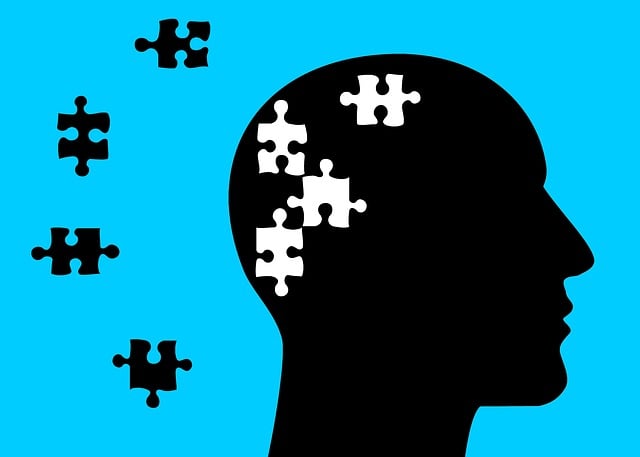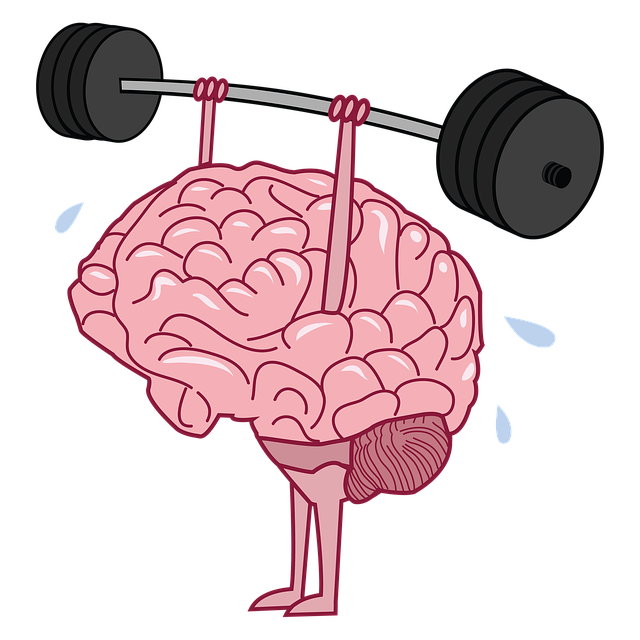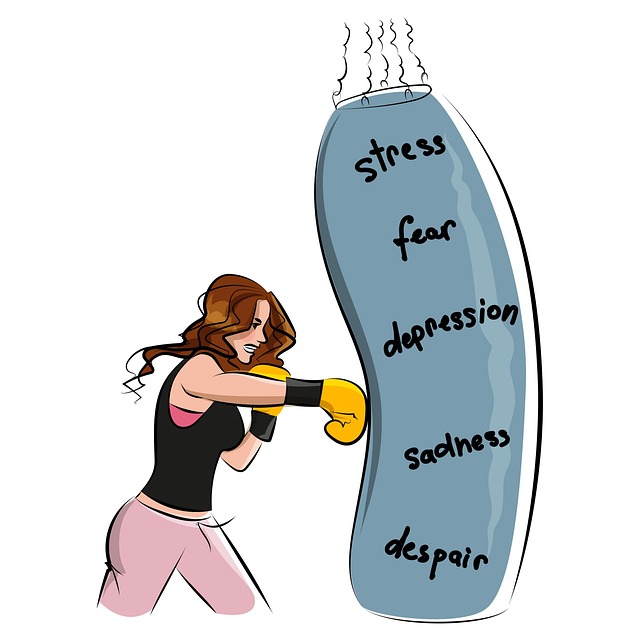Aurora Adjustment Disorder (AAD), often misunderstood as temporary, is a chronic mental health condition requiring ongoing support. Stigma poses significant barriers to treatment, emphasizing the need for community education and clinical environment sensibilization. Effective therapy combines evidence-based practices like CBT with mindfulness techniques to build resilience. Integrated education, awareness programs, and structured risk management in healthcare settings can reduce stigma and foster empathy. Community engagement through workshops, seminars, and peer support groups normalizes mental health conversations, making it easier for individuals seeking AAD therapy to access necessary support.
Mental illness stigma remains a significant barrier to seeking help. This article explores targeted efforts to reduce the stigma associated with Aurora Adjustment Disorder, a common yet often misunderstood condition. We delve into the profound impact of societal perceptions on mental health outcomes and advocate for transformative changes. Key strategies discussed include effective clinical approaches, community engagement through education, and empowering support networks. By examining these aspects, we aim to facilitate informed discussions and promote compassionate understanding for those seeking Aurora Adjustment Disorder therapy.
- Understanding Aurora Adjustment Disorder: Debunking Misconceptions
- The Impact of Stigma on Mental Health: A Call for Change
- Effective Strategies for Reducing Stigma in Clinical Settings
- Community Engagement and Education: Empowering Support Networks
Understanding Aurora Adjustment Disorder: Debunking Misconceptions

Aurora Adjustment Disorder (AAD) is a mental health condition that often goes misunderstood. It’s characterized by an inability to cope with significant changes or transitions in life, leading to persistent feelings of distress and dysfunction. Despite its name suggesting a fleeting adjustment issue, AAD can be a chronic condition affecting individuals’ daily lives and relationships. Debunking the misconception that it’s merely a temporary reaction to change is crucial for reducing stigma.
AAD therapy focuses on evidence-based practices such as cognitive-behavioral therapy (CBT) and mindfulness techniques to help individuals develop resilience building skills. Stress reduction methods, including relaxation exercises and reframing negative thoughts, empower people to navigate life transitions more effectively. Community outreach program implementations can further educate the public about AAD, fostering empathy and support for those struggling with this often invisible battle.
The Impact of Stigma on Mental Health: A Call for Change

Stigma surrounding mental illness can have profound and detrimental effects on individuals’ well-being, often perpetuating a cycle of isolation and suffering. This societal bias, commonly known as the mental health stigma, creates barriers to treatment and support, impacting an individual’s ability to seek help for their conditions. The consequences are far-reaching: from increased anxiety and depression to avoidance of essential therapy sessions, such as Aurora Adjustment Disorder Therapy.
Many people struggling with their mental health face judgment and misconceptions, which can lead to feelings of shame and embarrassment. This internalized stigma might discourage individuals from sharing their experiences, seeking professional assistance, or even admitting the existence of a problem. As a result, conditions like depression, anxiety disorders, and others may go untreated, exacerbating symptoms and hindering overall mental health recovery. Accessing appropriate trauma support services, self-esteem improvement programs, and depression prevention initiatives is crucial in combating this issue.
Effective Strategies for Reducing Stigma in Clinical Settings

Reducing stigma in clinical settings is paramount to creating a supportive environment for individuals seeking mental health services. One effective strategy is to integrate education and awareness programs that dispel misconceptions about mental illness. These initiatives can involve both staff and patients, fostering an atmosphere of understanding and empathy. For instance, workshops on specific disorders like Aurora Adjustment Disorder Therapy can help professionals recognize unique challenges and offer tailored support.
Additionally, implementing structured risk management planning for mental health professionals is crucial. This involves establishing guidelines for handling complex cases, ensuring self-care routine development for better mental health among practitioners, and promoting open communication. Public awareness campaigns development should also be a priority, focusing on sharing success stories and highlighting the recovery journey to normalize conversations around mental illness.
Community Engagement and Education: Empowering Support Networks

Community engagement and education play a pivotal role in reducing the stigma surrounding mental illness. By fostering open dialogues and sharing accurate information about various conditions like Aurora Adjustment Disorder, we can normalize conversations around mental health. Empowering support networks within communities is essential; this includes encouraging friends, family, and peers to learn Mind Over Matter principles and adopt Self-Care Practices that promote inner strength development.
Educational initiatives can be in the form of workshops, seminars, or peer-led support groups where individuals share their experiences and challenge stereotypes. These efforts create safe spaces for people with mental health challenges, ensuring they feel understood and supported. Through community engagement, we can dispel myths, increase empathy, and foster a culture that prioritizes mental well-being for all.
Mental illness stigma reduction is a multifaceted approach that involves both clinical settings and community engagement. By educating networks of support, empowering individuals with knowledge about conditions like Aurora Adjustment Disorder and its therapy options, we can create a more inclusive society. Together, these efforts can dispel misconceptions, foster empathy, and ultimately improve mental health outcomes for all.

